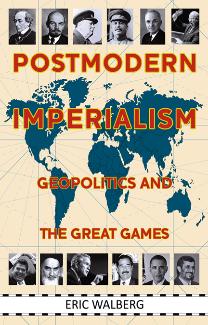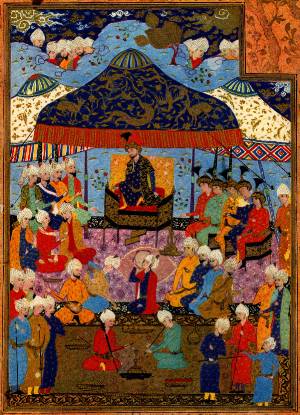 European Journal of American Studies review of Postmodern Imperialism: Geopolitics and the Great Games
European Journal of American Studies review of Postmodern Imperialism: Geopolitics and the Great Games
(March 2012)
Recent history for even the casual observer of international affairs has been plagued by wars and conflicts in specific regions of the world. The wars in Central Asia and the Middle East, Afghanistan and Iraq respectively, seem to indicate the latest machinations in the imperial designs of the USA. For many, using the term imperialism and connecting it to the USA is at best inappropriate. For others, American interventions in particular countries or specific regions of the world represent the practices of a hegemonic power and the expansion of an American empire. Some even argue that the nature of American imperialism is utterly novel, and deserving of a new label: ‘postmodern imperialism.’ As the title of Eric Walberg’s book, his examination of the trajectories of contemporary imperialism includes scrutiny of the geopolitical interests of the USA and its “new developments in financial and military-political strategies to ensure control over the world’s resources” (27-28). While Postmodern Imperialism primarily focuses on key aspects of imperialism, geopolitical analysis and commentary forms the foundation of Walberg’s narrative.

 Review of Heaven on Earth: A Journey Through
Review of Heaven on Earth: A Journey Through 



